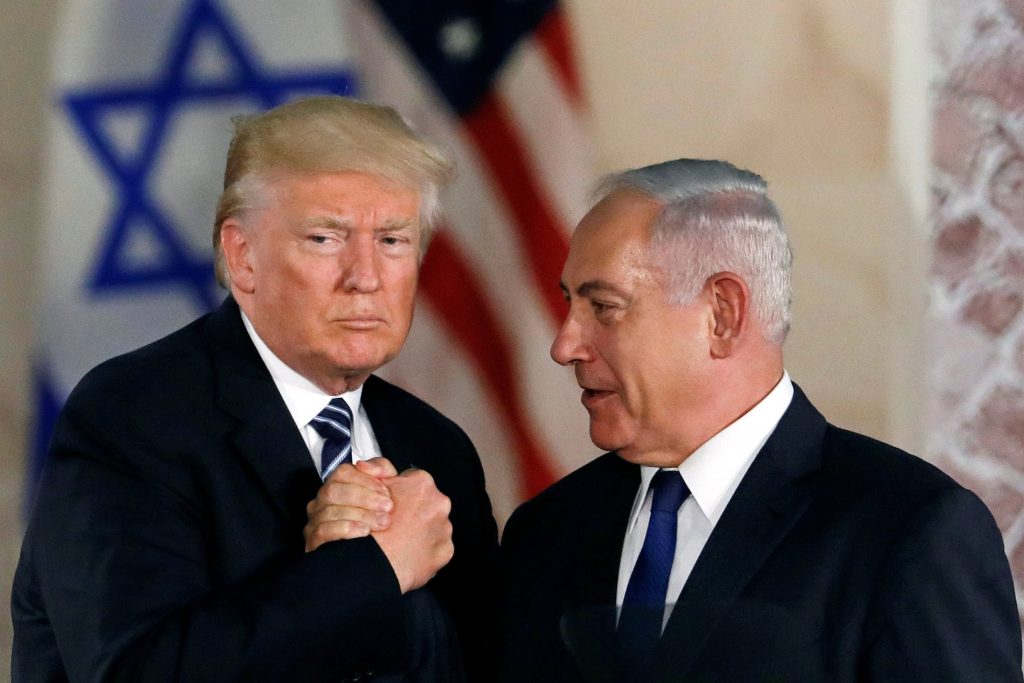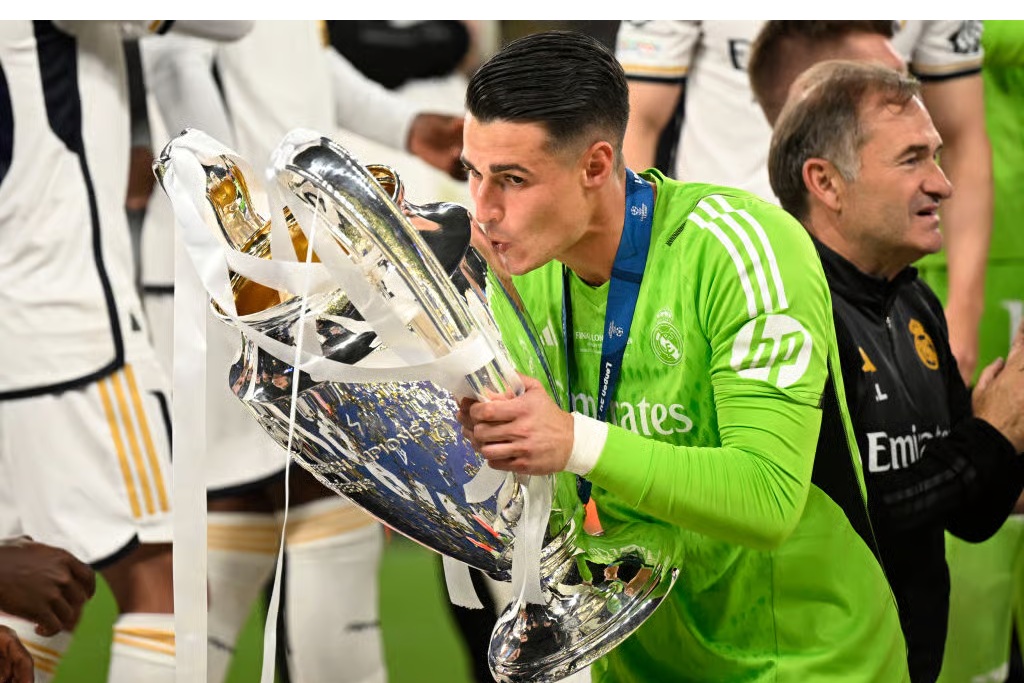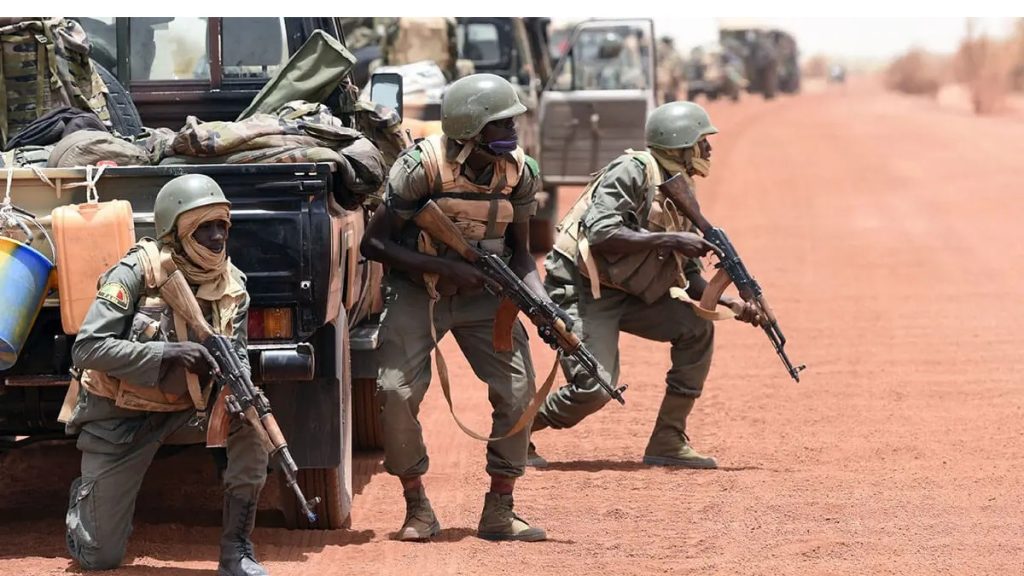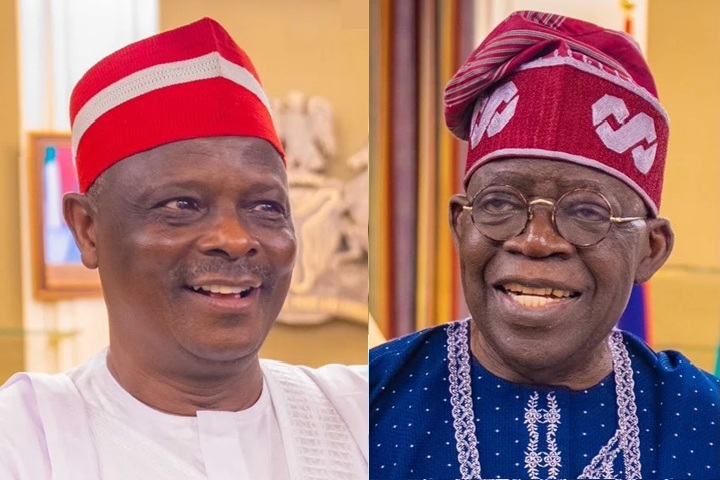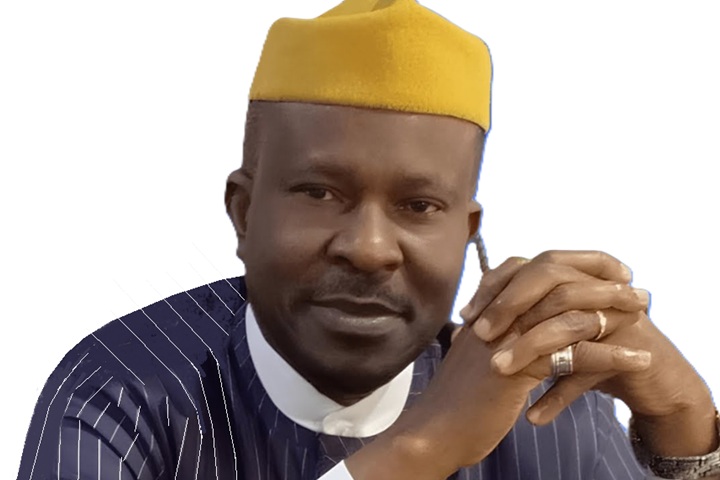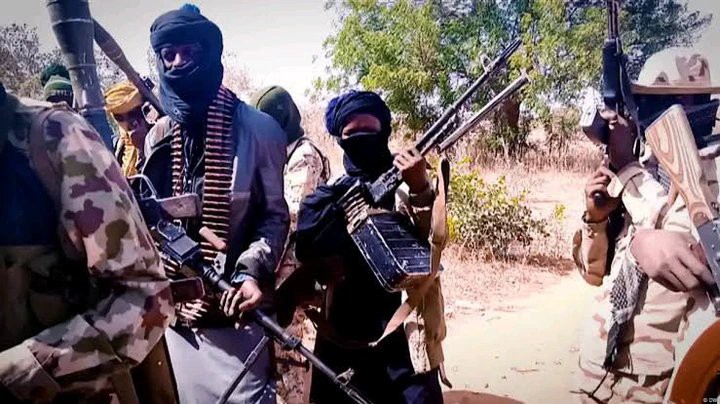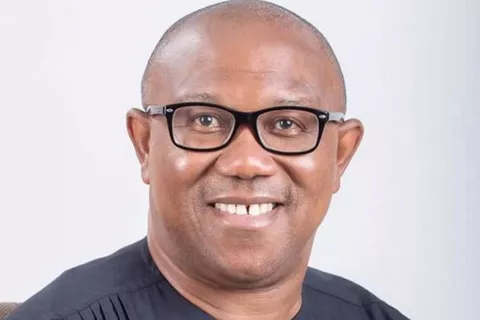Africa
Opposition’s role in undermining Nigerian democracy, by Kunle Lawal

Over the past five years, the actions of key opposition figures and parties have not only reflected internal disarray but also raised serious concerns about their contribution to the overall democratic process.
As Nigeria’s political landscape continues to evolve, the role of the opposition, traditionally a cornerstone of democratic health, has been anything but consistent.
Over the past five years, the actions of key opposition figures and parties have not only reflected internal disarray but also raised serious concerns about their contribution to the overall democratic process.
From the Peoples Democratic Party (PDP) and its infamous G5 crisis to the internal strife within the Labour Party, the Nigerian opposition appears to be working against itself and, by extension, the democratic fabric of the country.
The G5 Crisis and Its Impact on the 2023 Elections
The PDP, once Nigeria’s dominant political party, has seen its influence wane significantly in recent years.
The 2023 general elections illustrated the detrimental effects of internal fractures within the party, particularly through the actions of the G5, a group of five PDP governors who broke away from the party over disagreements on its leadership and candidate selection process.
The G5 crisis originated from discontent over the party’s presidential primary, which saw Atiku Abubakar, a seasoned politician, emerge as the flag bearer.
Several governors, including Nyesom Wike of Rivers State, felt sidelined and believed the ticket had been unduly handed to Atiku without considering regional equity or internal party consensus.
The group’s resistance led to a significant rift, with Wike and his allies either working against the party or remaining neutral during the election campaign.
This internal disunity significantly affected the PDP’s performance in key states.
By the time the 2023 elections were over, it was clear that the G5’s dissent had fragmented the PDP’s voter base, particularly in the South-South and South-East regions.
The ripple effect was evident in the reduced voter turnout and the inability of the PDP to marshal its usual electoral machinery, contributing to its loss at the national level.
It is difficult to ignore the irony: an opposition party that should have been positioning itself as a strong alternative to the ruling All Progressives Congress (APC) was instead embroiled in a destructive internal battle.
The Labour Party: Leadership Crisis and Campaign Financing Woes
On the other end of the spectrum is the Labour Party, which surged into national prominence during the 2023 elections due to the popularity of its presidential candidate, Peter Obi. While the party captured the imagination of many Nigerians, particularly the youth, its internal leadership issues and questionable handling of campaign financing have raised serious concerns about its readiness to lead.
For the Labour Party, leadership crises have been a recurring theme that undermined its electoral efforts and post-election organization. After criticizing the incumbent APC for mismanagement and poor governance, the Labour Party found itself facing questions about the transparency of its own campaign financing.
Reports of opaque financial practices emerged, with internal factions accusing each other of mishandling funds raised for the 2023 election. This irony was not lost on the public—how could a party, which had vocally criticized the financial mismanagement of the ruling party, fail to manage its own finances during a crucial electoral period?
This issue of campaign financing, coupled with leadership battles between Julius Abure and factions loyal to other regional leaders, exposed the deep cracks within the party. The party’s failure to address these issues quickly and transparently has led to distrust among its supporters and the public.
Instead of capitalizing on its unprecedented electoral gains, the Labour Party has spent much of the post-election period embroiled in court cases and internal squabbles, further eroding the confidence of those who had hoped it would emerge as a credible third force in Nigerian politics.
The Perennial Issue of One-Man Dominance in the Opposition
The opposition’s struggles are further compounded by the phenomenon of one-man dominance, where certain individuals seem to hold an undue grip on the presidential ticket of their parties. Atiku Abubakar’s perennial candidacy is a glaring example of this.
Having contested for the presidency in 1993, 2007, 2019, and again in 2023, Atiku’s dominance in the PDP has effectively stifled the emergence of fresh political voices within the party.
The implications of such prolonged leadership have been profound. Instead of allowing for a dynamic contest of ideas and fostering new political leaders, the PDP’s presidential ticket has remained the exclusive domain of a select few.
This has contributed to the party’s stagnation, making it difficult for the opposition to present a compelling alternative to the ruling APC.
Atiku’s failure to unite the party, as seen in the 2023 election with the G5 rebellion, is emblematic of how entrenched political figures can sometimes work against the collective interests of the party and, by extension, the democratic process.
The Consequences for Nigerian Democracy
The essence of a vibrant democracy lies in the existence of a healthy opposition that holds the government accountable, offers alternative policies, and presents itself as a viable option for leadership.
Unfortunately, the last five years have shown that Nigeria’s opposition parties, rather than strengthening democracy, have often scuttled it through their actions.
From internal party divisions to the over-reliance on long-serving political figures, opposition parties have failed to capitalize on moments of national discontent with the ruling party. Instead, they have allowed their internal crises to overshadow their role as the people’s watchdogs.
The 2023 elections were a missed opportunity for the opposition to present a united front, and instead, they allowed personal ambitions and leadership failures to take precedence over national interests.
Campaign Financing: A Weakness of the Opposition
One key issue the opposition has consistently failed to address is campaign financing. Despite criticizing the ruling APC for corruption and mismanagement of funds, opposition parties—especially the Labour Party—have demonstrated similar issues within their ranks.
Allegations of missing campaign funds and financial mismanagement not only tarnish the party’s reputation but also weaken the argument for a cleaner and more transparent government under their leadership.
This lack of transparency in campaign financing has further alienated voters who expected better from the opposition, particularly younger Nigerians who were disillusioned with the APC’s handling of the economy.
As Nigeria approaches the 2027 elections, this will remain a key point of contention that the opposition must address if they hope to regain public trust.
This article is not an attempt to blow the horn of the ruling party but rather to question the opposition’s preparedness for 2027.
The current state of the opposition—rife with internal divisions, leadership crises, and financial mismanagement—raises serious doubts about their ability to provide the strong and united front necessary to challenge the APC. While criticizing the government is a vital role of any opposition, it is not enough.
What is needed now is concrete action—reforms within their own ranks, transparent leadership structures, and a clear agenda that speaks to the needs of all Nigerians.
For the opposition to regain its relevance in Nigerian politics, there must be a concerted effort toward reform. This reform should begin with addressing internal democracy within the parties themselves. A party that cannot govern itself can hardly be expected to govern a country.
The PDP must move beyond the Atiku era and cultivate new leadership that reflects Nigeria’s youthful and diverse population. Similarly, the Labour Party must resolve its leadership issues and focus on building sustainable party structures rather than relying solely on the charisma of its candidates.
As Nigeria heads into another election cycle, the opposition must remember that their role is not just to oppose for opposition’s sake but to provide credible alternatives that strengthen the democratic process. Until the opposition is willing to embrace internal reform and prioritize the national interest over personal ambitions, they will continue to undermine the very democracy they claim to protect.
For the love of country,
Kunle Lawal
Executive Director
Electoral College Nigeria
For Diaspora Digital Media Updates click on Whatsapp, or Telegram. For eyewitness accounts/ reports/ articles, write to: citizenreports@diasporadigitalmedia.com. Follow us on X (Fomerly Twitter) or Facebook



